El Chapo's Son: US Justice Department Drops Death Penalty Pursuit
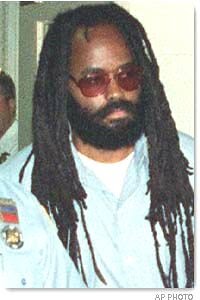
Table of Contents
The Significance of Dropping the Death Penalty
The Justice Department's decision to forgo the death penalty for Ovidio Guzmán López is a significant development with potentially far-reaching consequences. Several factors could explain this strategic shift. One possibility is a calculated move to secure a plea bargain. By removing the threat of capital punishment, the prosecution might incentivize Guzmán López to cooperate, providing valuable information on Sinaloa Cartel operations and other high-ranking members.
Another consideration is the inherent difficulties in securing a death penalty conviction in a complex international case. Lengthy appeals processes, potential evidentiary challenges, and the high burden of proof in capital cases could have contributed to the decision. The legal costs associated with a protracted death penalty trial could also be a significant factor.
- Reduced risk of lengthy and costly appeals processes: Death penalty cases often involve years of appeals, significantly increasing legal costs and potentially delaying justice.
- Potential for cooperation with authorities: A lighter sentence could encourage Guzmán López to provide crucial information on cartel activities, leading to further arrests and dismantling of the organization.
- Political considerations and international relations: Dropping the death penalty could be seen as a gesture of goodwill, potentially improving US-Mexico cooperation on combating drug trafficking.
This strategic decision carries significant political ramifications, influencing future prosecutions of high-profile drug traffickers and potentially setting a precedent for similar cases.
Ovidio Guzmán López's Arrest and Extradition
The dramatic arrest of Ovidio Guzmán López in January 2023 in Culiacán, Mexico, followed by his swift extradition to the United States, marked a significant victory in the ongoing fight against the Sinaloa Cartel. The operation, involving joint efforts by Mexican and US authorities, highlighted the growing cooperation between the two nations in combating transnational drug trafficking. Guzmán López faces numerous charges, including drug trafficking, conspiracy to distribute controlled substances, and money laundering. The evidence presented against him, likely including intercepted communications, financial records, and witness testimonies, will play a crucial role in determining the outcome of his case.
- Timeline of events: The arrest, the initial response (including a brief period of conflict), the legal proceedings in Mexico, and the subsequent extradition to the US.
- Key charges: Drug trafficking (cocaine, methamphetamine, heroin), conspiracy, money laundering, and other related offenses.
- Role of Mexican authorities: Their collaboration with US agencies was vital in the arrest and extradition, demonstrating a strengthened commitment to combating drug cartels.
This arrest and subsequent extradition highlight the evolving dynamics of the US-Mexico relationship in addressing the shared challenge of drug trafficking, and the complexities of international cooperation in prosecuting high-profile criminal cases.
Implications for the War on Drugs and US-Mexico Relations
The decision to drop the death penalty pursuit for Ovidio Guzmán López has significant implications for the ongoing war on drugs and the relationship between the US and Mexico. It raises questions about the effectiveness of current anti-drug strategies and the potential need for reevaluation. The move could impact cartel power dynamics, potentially triggering internal conflicts or realignments within the Sinaloa Cartel. While some might see it as a sign of weakness, others may argue it's a strategic move to achieve larger goals. The decision’s effect on bilateral cooperation remains uncertain, but it has the potential to strengthen or weaken the existing partnership depending on how both nations perceive the decision.
- Impact on cartel operations: The potential for internal struggles and the reorganization of the Sinaloa Cartel following Guzmán López's conviction.
- Shifts in US anti-drug strategies: The decision may lead to a re-evaluation of the focus on death penalty prosecutions versus pursuing cooperation and intelligence-gathering.
- Strengthening or weakening of US-Mexico cooperation: The decision could impact trust and collaboration between the two nations, depending on how Mexico perceives the US's move.
The decision’s long-term effects on the drug war remain to be seen, but it undoubtedly represents a major shift in approach.
Public Opinion and Reactions
Public reaction to the Justice Department's decision to drop the death penalty pursuit for El Chapo's son has been diverse and often polarized. In the US, opinions are divided between those who see it as a strategic move for information gathering and those who believe it lets a dangerous criminal off the hook. In Mexico, there are similar divisions, with some celebrating the potential for decreased conflict and others criticizing what they see as a compromise of justice. Legal experts are debating the merits of the decision from both strategic and ethical standpoints.
- Analysis of media coverage: The range of perspectives presented in news articles, editorials, and social media discussions.
- Varying opinions: Examining the arguments for and against the decision from different stakeholder groups.
- Impact on future drug policy debates: The decision is likely to fuel further discussions on the effectiveness of capital punishment in drug-related cases.
The varied reactions underscore the complexity of the issue and the absence of a single, universally accepted perspective on capital punishment in high-profile drug trafficking cases.
Conclusion
The decision to drop the death penalty pursuit for El Chapo's son, Ovidio Guzmán López, is a significant development with far-reaching consequences. The motivations behind this decision, whether strategic or otherwise, remain subject to interpretation, highlighting the intricate interplay of legal strategy, international relations, and the enduring challenge of combating drug trafficking. This case serves as a crucial reminder of the complexities involved in high-profile extraditions and the multifaceted nature of the global drug trade. Understanding the motivations behind the Justice Department's decision is key to analyzing the future direction of similar cases involving high-ranking drug cartel members. Stay informed on further developments in the El Chapo's son case and the ongoing fight against drug trafficking. The future of Ovidio Guzmán López and the implications for the war on drugs remain to be seen, making close observation of this case crucial for anyone interested in international relations, drug policy, or the intricacies of the legal system.

Featured Posts
-
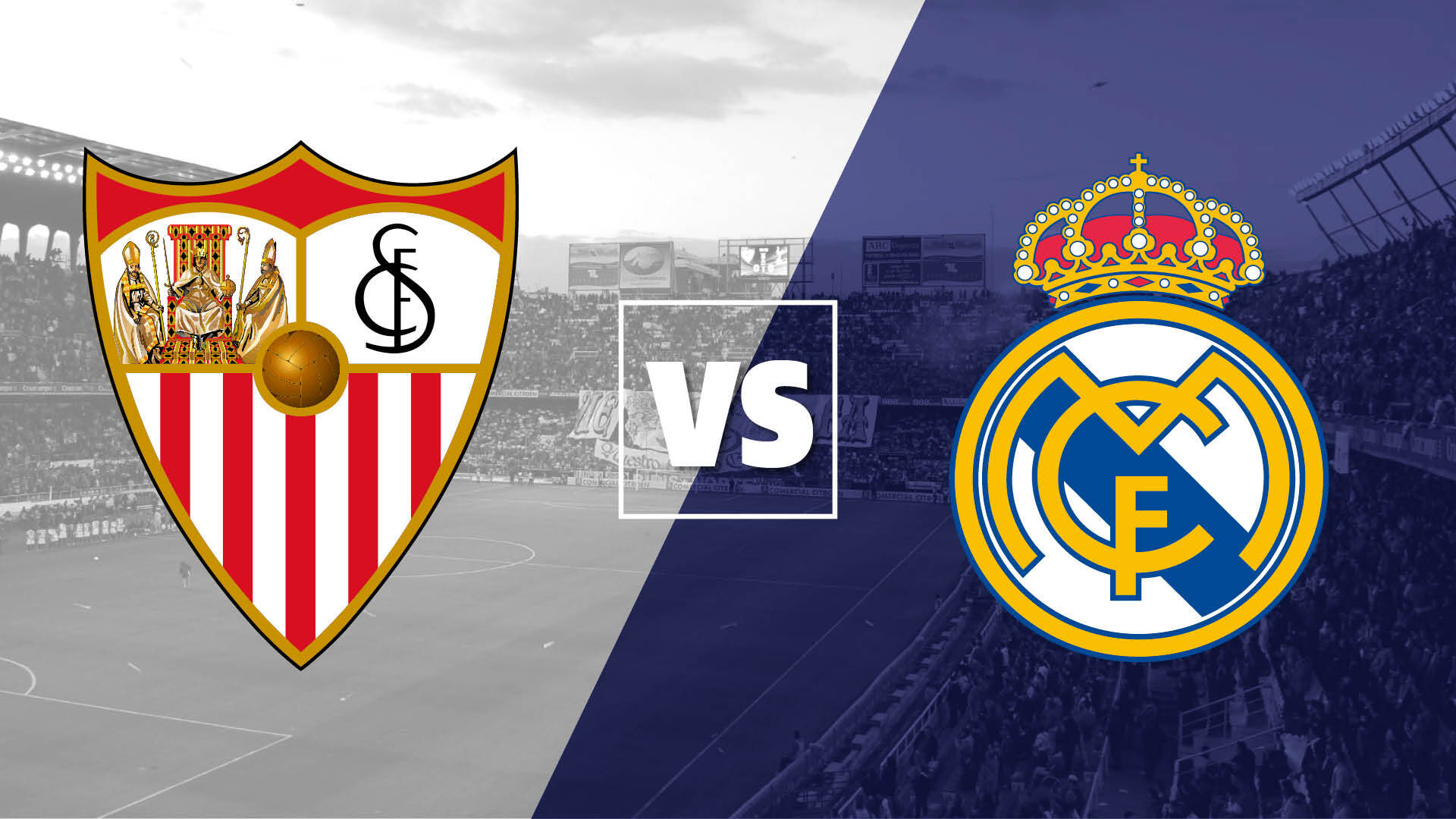 Sevilla Vs Real Madrid 0 2 Resultado Y Reaccion Inmediata
May 29, 2025
Sevilla Vs Real Madrid 0 2 Resultado Y Reaccion Inmediata
May 29, 2025 -
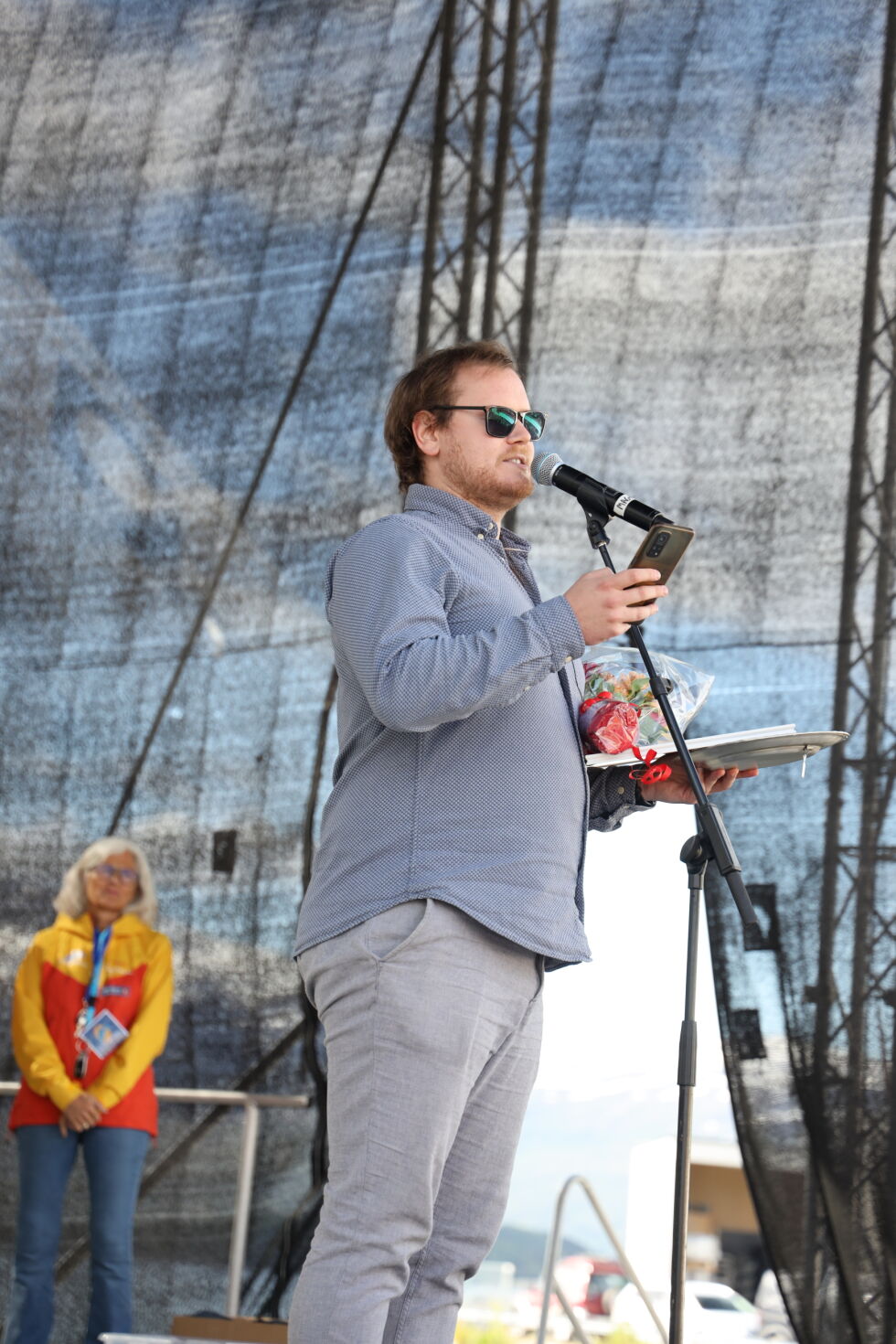 Aftenposten Karer Arets Redaktor En Velfortjent Pris
May 29, 2025
Aftenposten Karer Arets Redaktor En Velfortjent Pris
May 29, 2025 -
 Arcanes Mid Season Finale Vi And Caitlyns Future
May 29, 2025
Arcanes Mid Season Finale Vi And Caitlyns Future
May 29, 2025 -
 Seattle Man Killed At Baker Park Murder Charges Filed
May 29, 2025
Seattle Man Killed At Baker Park Murder Charges Filed
May 29, 2025 -
 Oranjegekte In Liverpool Fans Betalen E4 000 Voor Kaartjes Is Het De Moeite Waard
May 29, 2025
Oranjegekte In Liverpool Fans Betalen E4 000 Voor Kaartjes Is Het De Moeite Waard
May 29, 2025
Latest Posts
-
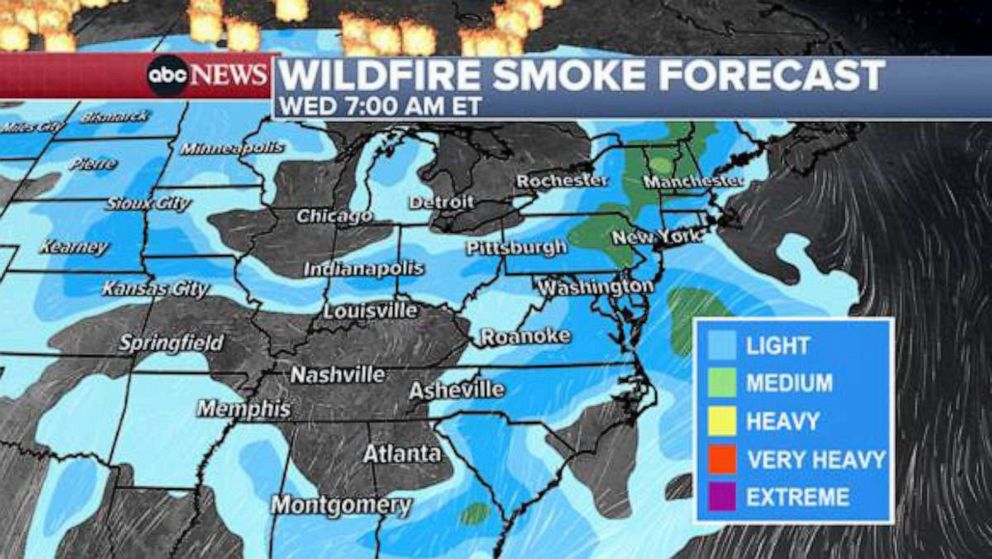 Health Impacts Of Canadian Wildfire Smoke On Minnesota
May 31, 2025
Health Impacts Of Canadian Wildfire Smoke On Minnesota
May 31, 2025 -
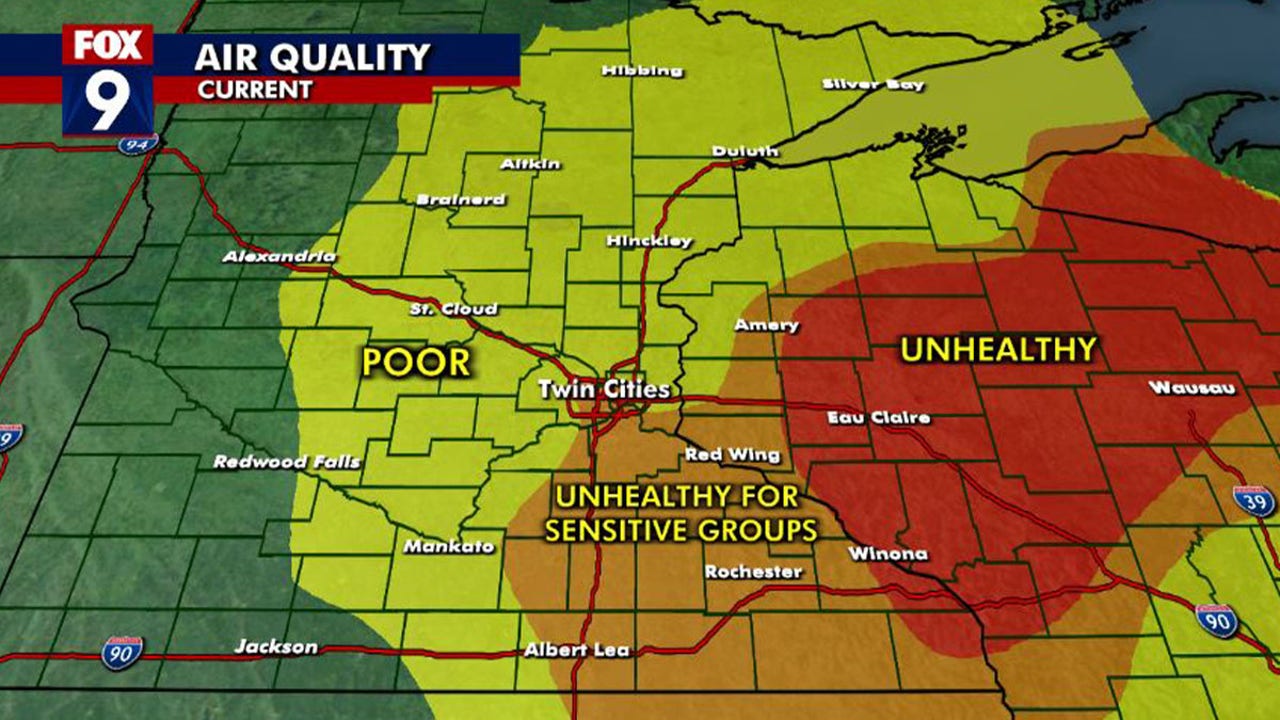 Dangerous Air Quality In Minnesota Due To Canadian Wildfires
May 31, 2025
Dangerous Air Quality In Minnesota Due To Canadian Wildfires
May 31, 2025 -
 Canadian Wildfires Cause Dangerous Air In Minnesota
May 31, 2025
Canadian Wildfires Cause Dangerous Air In Minnesota
May 31, 2025 -
 Eastern Manitoba Wildfires Rage Crews Struggle For Control
May 31, 2025
Eastern Manitoba Wildfires Rage Crews Struggle For Control
May 31, 2025 -
 Homes Lost Lives Disrupted The Newfoundland Wildfire Crisis
May 31, 2025
Homes Lost Lives Disrupted The Newfoundland Wildfire Crisis
May 31, 2025
